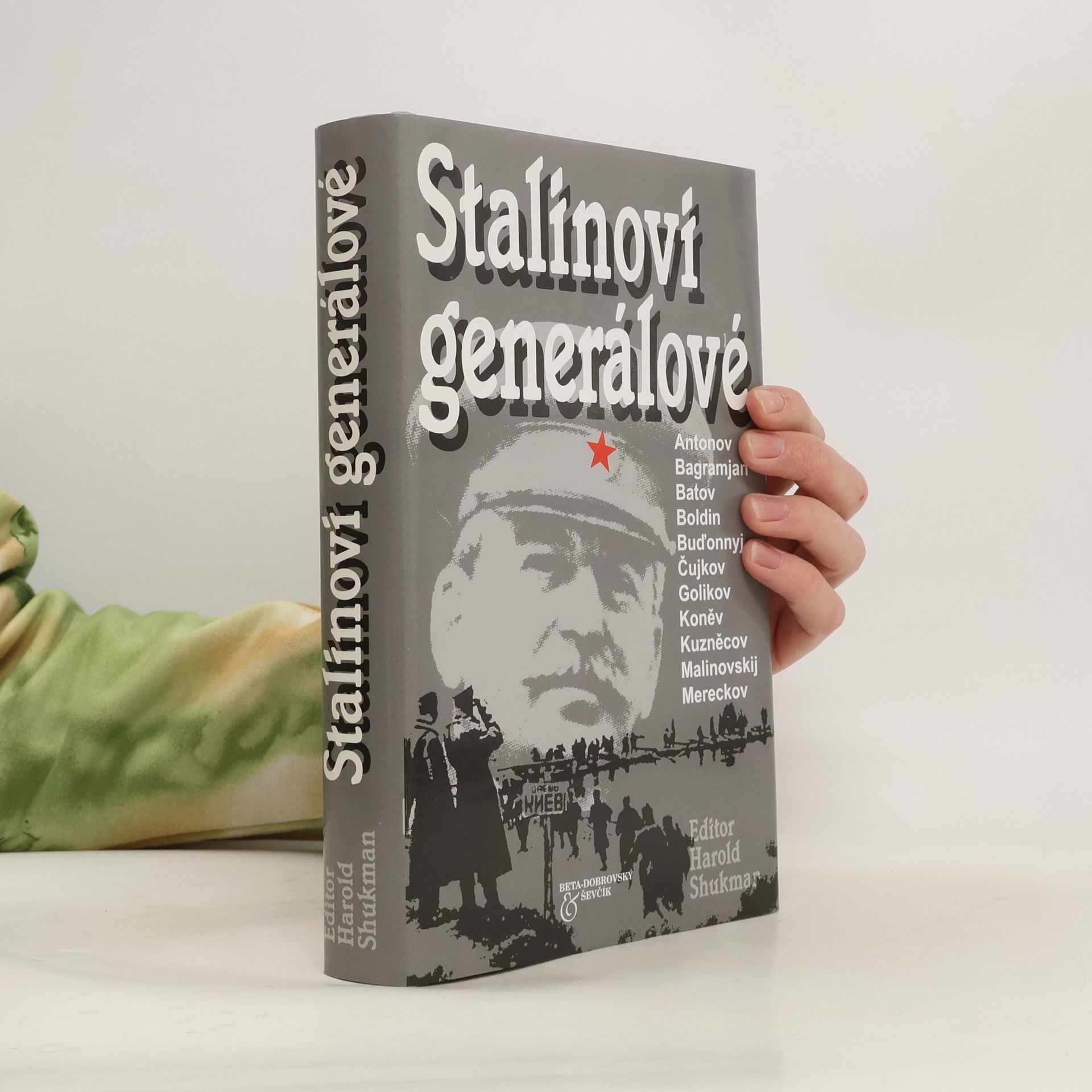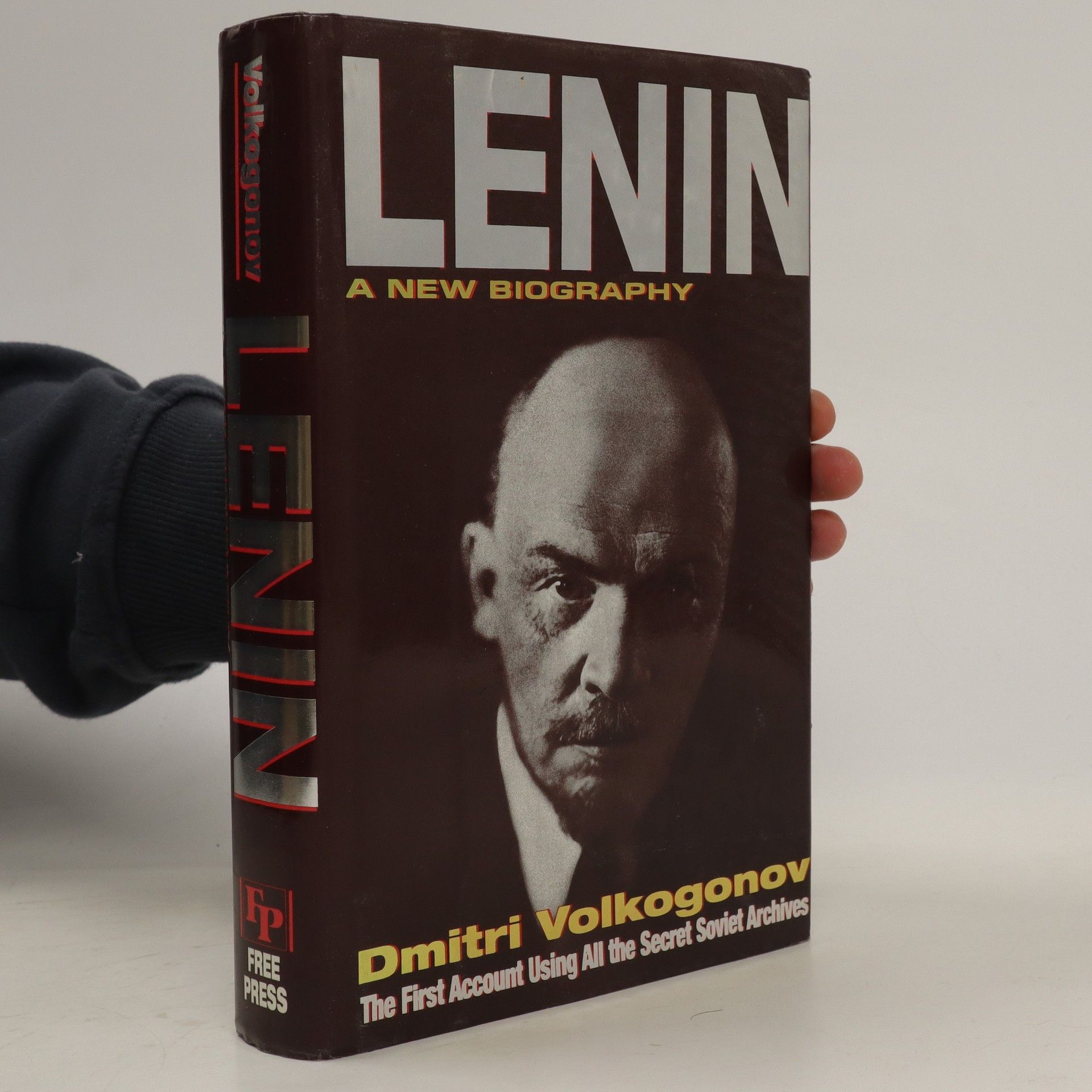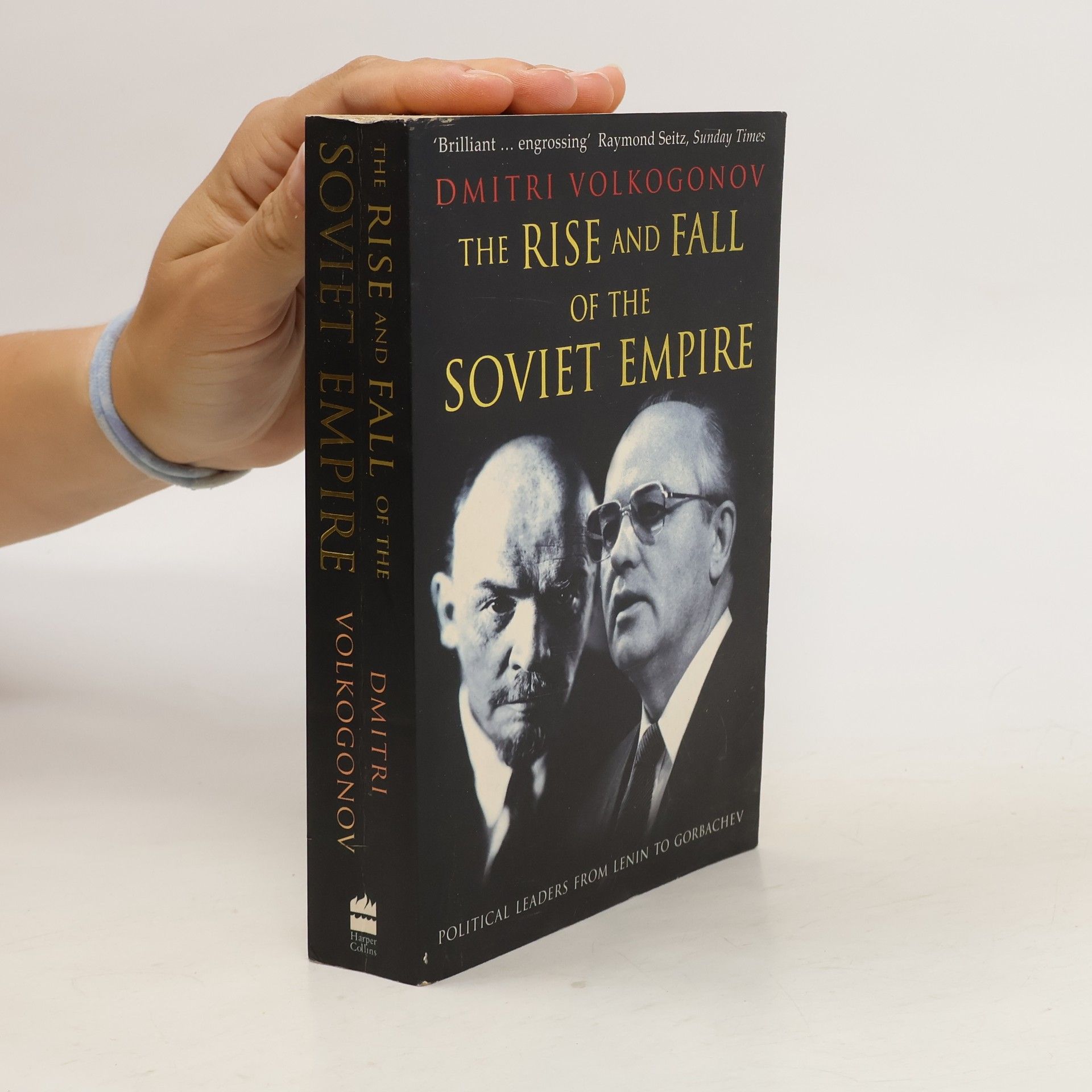Stalin
- 106 pages
- 4 hours of reading
A pocket biography of one of history's most ruthless leaders






A pocket biography of one of history's most ruthless leaders
Historie sovětské armády je v knize časově rozčleněna do čtyř fází. První je věnována vzniku Rudé armády za občanské války v letech 1918-1921. Druhá fáze zaznamenává rozsáhlé čistky v důstojnickém sboru v letech 1937 – 1938. Třetí fáze se zabývá obdobím Velké vlastenecké války (včetně boje proti Japoncům v Mongolsku a války s Finskem). Čtvrtá fáze je zaměřena na restrukturalizaci Rudé armády po druhé světové válce a její změněnou podobu, odpovídající úloze, kterou SSSR začal hrát ve světové politice. Autoři použili i nejnovější odtajněné materiály z ruských a ostatních archivů.
A former general in the Soviet Army's propaganda department, Director of the Institute for Military History, and Defence Adviser to President Yeltsin from 1991 to his death from cancer in December 1995, Dmitri Volkogonov had unrivalled access to Soviet military archives, Communist Party documents and secret presidential files. Basing this book on these inside sources, he reveals the truth behind the activities of the world's most secretive political leaders. He throws new light on: Lenin's paranoia about foreigners in Russia; his creation of a privileged system for top Party members; Stalin's repression of the nationalities and his singular conduct of foreign policy; the origins and conduct of the Korean War; Khrushchev's relationship with the odious secret service chief Beria; Brezhnev's vanity and stupidity; the Afghan War; Poland and Solidarity; Soviet bureaucracy; and Gorbachev's Leninism and role in history.
Traces the life of the Soviet leader, uses the secret Soviet archives to reveal new information, and argues that Lenin set in motion many of the worst excesses of the state later expanded by Stalin
A star cast of distinguished contributors including Dmitri Volkogonov, John Erickson, Catherine Andreyev, David Glantz, and Oleg Rzheshevsky paint a crucial portrait of a defining period in world history. Unlike most military history, which usually deals with large-scale army movements and campaign strategy, this looks at the training, experience, and personalities of the generals themselves. The result is illuminating, revealing how 25 men succeeded in taking Stalin from the Volga to Berlin.